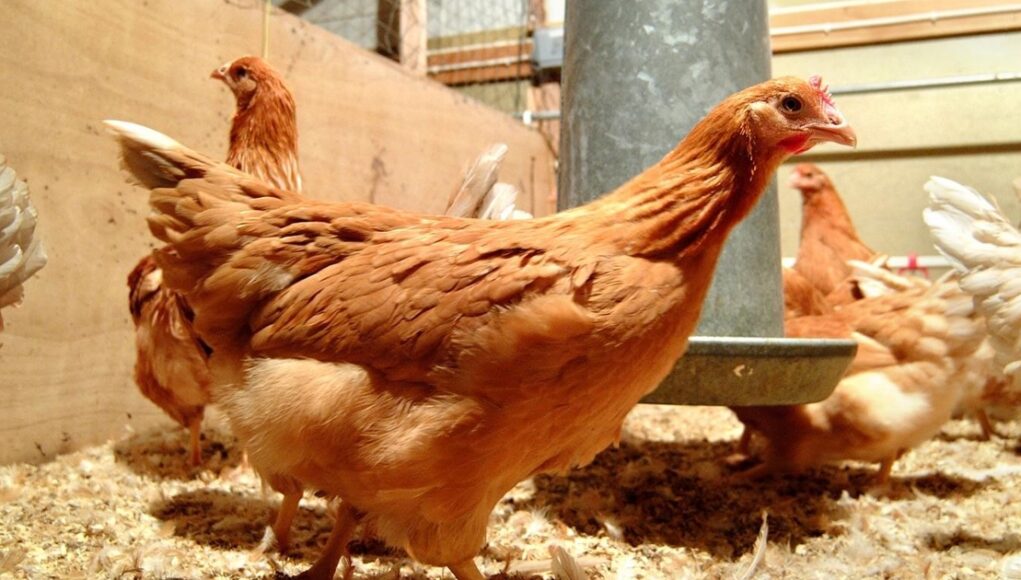Raising healthy chickens involves more than just providing food and shelter. Ensuring their well-being often means choosing the right herbs for their health. Herbs are natural, effective, and often affordable ways to support your flock’s well-being. In this article, we will delve into how to choose the right herbs for chicken health and why they are important for your birds.

Why Herbs Matter for Chickens
Herbs offer numerous benefits for chickens, from boosting their immune systems to preventing diseases. They are a natural way to promote health without relying on synthetic medications. Understanding the significance of herbs can help you make informed decisions about what to include in your chickens’ diet.
Boosting Immunity
Certain herbs are known for their immunity-boosting properties. For instance, oregano is a powerful herb that can help protect chickens against common infections. Similarly, garlic is renowned for its ability to ward off pests and improve overall health.
Improving Digestion
Herbs like mint and thyme can aid in digestion, ensuring that your chickens process their food more efficiently. This can lead to better nutrient absorption and healthier birds.
Choosing the Right Herbs
When selecting herbs for your flock, consider their specific needs and the benefits each herb offers. Heres a guide to help you make the best choices.
Assessing Chicken Needs
Consider the age, breed, and current health status of your chickens. Young chicks may benefit from different herbs compared to laying hens or older birds. Giving herbs to chicks safely is crucial for their growth and development.
Herbs for Laying Hens
Laying hens require herbs that promote egg production and shell strength. Natural calcium sources like comfrey can be particularly beneficial.
Seasonal Considerations
Different seasons call for different herbs. In winter, you might want to focus on herbs that provide warmth and energy. Preparing herbs for winter is essential to keep your flock healthy in colder months.
Popular Herbs for Chickens
Heres a list of popular herbs that can be beneficial for your chickens’ health.
Oregano
Known for its antibacterial properties, oregano can help keep diseases at bay.
Lavender
Lavender is great for reducing stress and promoting a calm environment, which is crucial during molting or after introducing new flock members. Herbs to prevent molting stress include lavender, which can be a soothing addition to your coop.
Parsley
Rich in vitamins, parsley supports the overall health of your chickens and can improve egg quality.
How to Administer Herbs
Incorporating herbs into your chickens’ diet can be done in several ways. Fresh, dried, or mixed into their feed, herbs can be a versatile addition to their daily regimen.
Fresh vs. Dried
Fresh herbs are great for immediate use, while dried herbs can be stored and used over time. Decide based on availability and convenience.
Mixing with Feed
Mixing herbs directly into the feed ensures that your chickens consume them regularly. This method is particularly useful for herbs that improve digestion and immunity.
Potential Risks and Considerations
While herbs are generally safe, its important to monitor your chickens for any adverse reactions. Start with small amounts and gradually increase as needed.

FAQs
Can I give my chickens herbs every day?
Yes, most herbs can be given daily, but its important to vary them and not rely too heavily on one type.
Are there any herbs to avoid?
Some herbs like onion and rhubarb can be harmful to chickens and should be avoided.
How do herbs compare to traditional medications?
Herbs are a natural alternative that can complement traditional medications, but they should not replace them, especially in severe cases.
In conclusion, understanding how to choose the right herbs for chicken health is a valuable skill for any poultry keeper. By considering your chickens’ needs and carefully selecting herbs, you can enhance their health naturally. For more information on natural remedies for chickens, you can visit Do Natural Remedies Help for Chickens?.
This article contains affiliate links. We may earn a commission at no extra cost to you.











